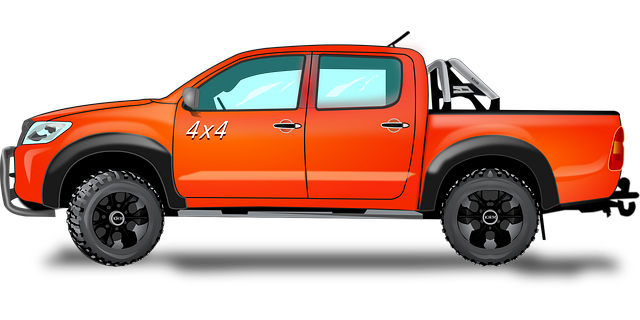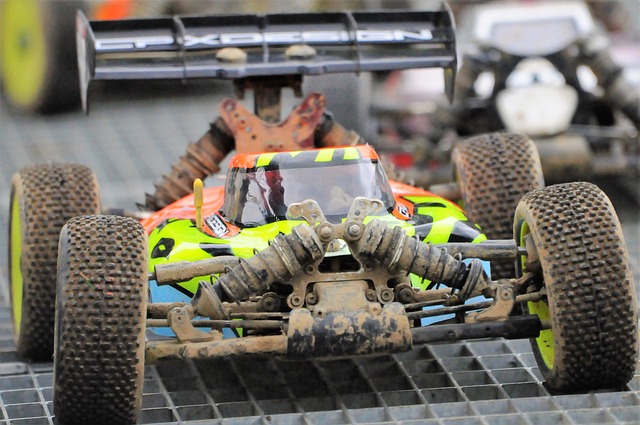Rock rails, strategically placed along roadsides in Brownsville, TX, are vital safety features for fleet trucks, protecting against collisions with solid objects. Regular maintenance by local steering repair services ensures their effectiveness, safeguarding vehicles and cargo from lateral impacts, enhancing handling, and promoting safety on challenging urban terrain. This cost-effective measure is a priority for fleet owners to maintain regulatory compliance.
Rock rails, an often-overlooked yet critical safety feature, play a pivotal role in protecting fleet trucks from side impacts. This article delves into the significance of rock rails, particularly for commercial vehicles, and highlights their function as a vital defense mechanism against potential damage and accidents. We explore how steering repair services in Brownsville, TX, contribute to ensuring optimal rock rail performance, emphasizing the importance of regular maintenance for fleet truck safety on Texas roads.
- Understanding Rock Rails: A Vital Safety Feature for Fleet Trucks
- The Role of Steering Repair in Brownsville, TX: Ensuring Optimal Rock Rail Functionality
Understanding Rock Rails: A Vital Safety Feature for Fleet Trucks

Rock rails are a crucial safety feature designed specifically for fleet trucks, offering protection to both vehicles and passengers in the event of a collision with a solid object like a tree or rock. These robust barriers are strategically placed along roadsides, especially in areas prone to such hazards, and act as a secondary line of defense when the primary steering system fails. For fleet truck owners in Brownsville, TX, understanding the importance of rock rails is vital for maintaining vehicle safety and minimizing repair costs associated with steering issues.
When a fleet truck encounters an obstacle on the road, rock rails provide an additional layer of protection by preventing the vehicle from rolling over or sustaining severe damage to its steering system. Unlike traditional guardrails, which are often rigid and may cause significant damage to vehicles upon impact, rock rails are designed to absorb energy and guide the truck’s path, reducing the risk of injury and property loss. Regular maintenance and inspection of these safety features are essential for fleet managers, ensuring that rock rails remain effective in case of an emergency.
The Role of Steering Repair in Brownsville, TX: Ensuring Optimal Rock Rail Functionality

In the bustling city of Brownsville, Texas, fleet truck owners and operators rely on reliable and efficient vehicle systems to navigate challenging terrain and ensure safe operations. One critical component often overlooked but vital for off-road or rugged territory is the rock rail system. Rock rails, designed to protect both the vehicle and its cargo from lateral impacts against solid obstacles like rocks, trees, or other debris, play a significant role in preventing costly damage and enhancing overall functionality.
Steering repair services in Brownsville, TX, specialize in maintaining and repairing these rock rails, ensuring they function optimally. Skilled technicians employ advanced diagnostic tools to identify any issues or wear and tear, promptly addressing them through precise adjustments, replacements, or repairs. Regular steering repair not only extends the lifespan of rock rails but also improves vehicle handling, stability, and safety when operating in diverse and demanding environments. For fleet truck owners, prioritizing professional steering repair is essential for cost-effectiveness, regulatory compliance, and maintaining peak performance across their vehicles.
Rock rails serve as indispensable safety features for fleet trucks, protecting both vehicles and drivers from the often treacherous conditions of off-road travel. Regular maintenance, especially through expert fleet truck steering repair in Brownsville, TX, is crucial to ensure their optimal functionality. By addressing rock rail issues promptly, businesses can enhance vehicle durability, reduce costly damage, and ultimately improve safety standards for their entire fleet.



